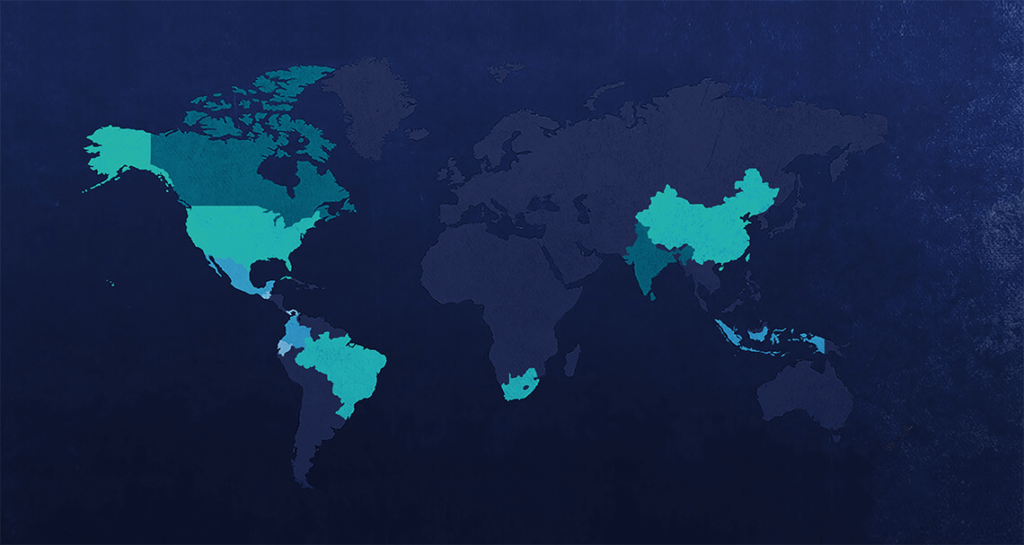
Global challenges require global solutions. That's why Nature Needs Half works to inspire others to collaborate on behalf of nature. In this way, region by region, we can protect half of Earth in time to end the Sixth Mass Extinction. Discover below more about your country and what others are doing to save our wild planet!
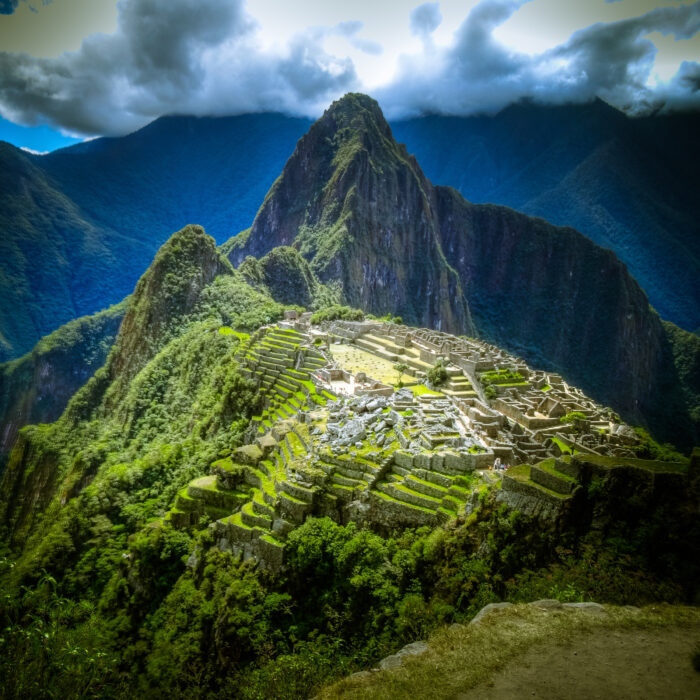
The intersection of Peru’s natural and cultural diversity forge a region like no other. But both nature and indigenous culture are threatened by the expansion of the oil and natural...
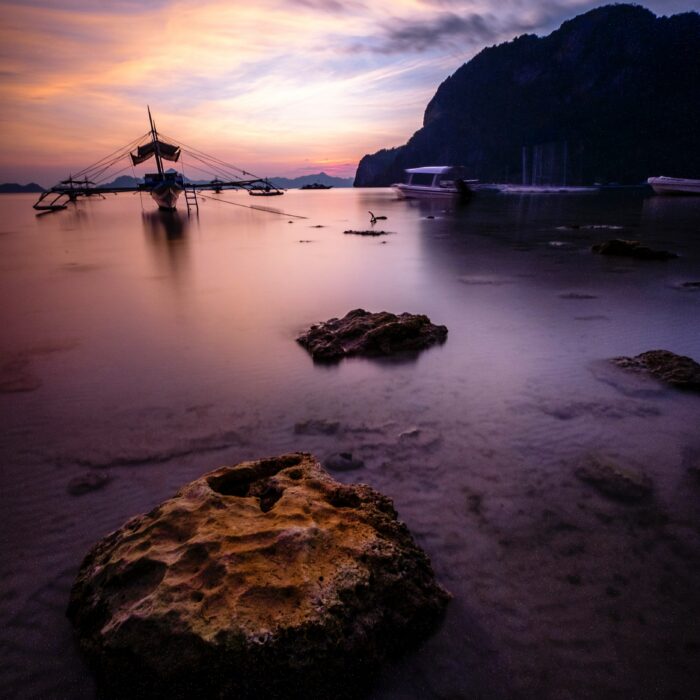
The islands of the Philippines are home to over 20,000 unique species found nowhere else on Earth. These lifeforms are utterly dependent on the equally unique island habitats that sustain...
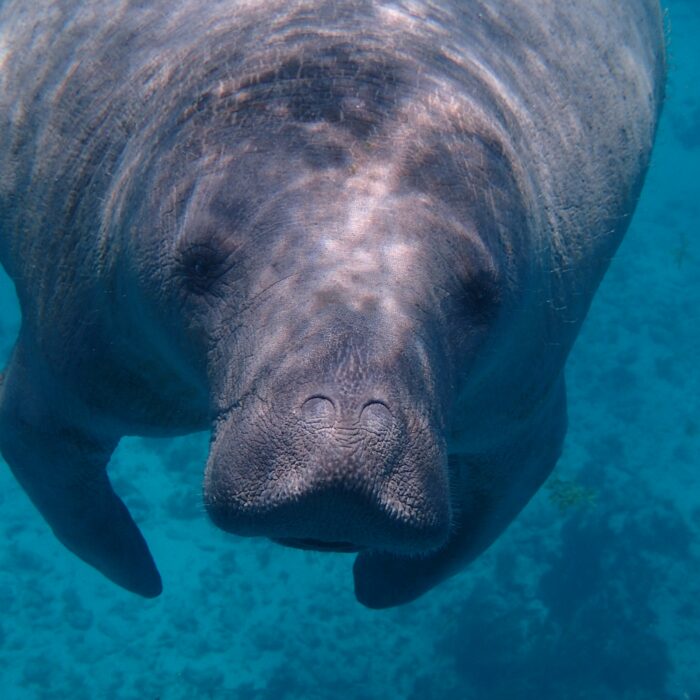
Most of Belize’s protected areas are for management of resource use, not the preservation of nature. Still, the country has maintained much of its natural terrestrial and marine habitat, giving...
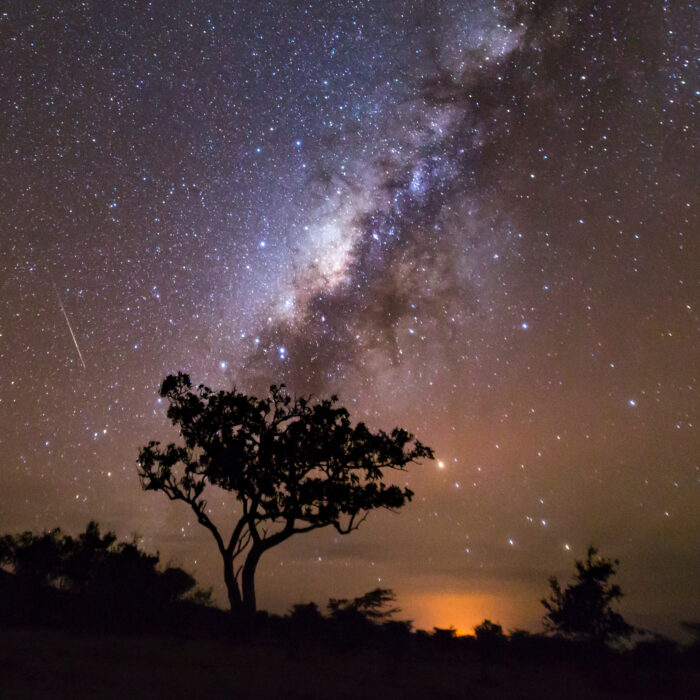
Conflict between native pastoralist communities, the traditional stewards of Kenya’s lands, and contemporary conservationists have created a false dichotomy in the management of Kenya’s rich natural landscapes. Nature benefits from...

It might come as a surprise that nature can reach half in Japan. This is an impressive fact considering that Japan occupies an archipelago half the size of Texas and...

Much of Italy’s nature is imperiled, reflecting the economic and political turmoil of the mid-twentieth century. Obscured by this dreary reality is the fact that Italy was a conservation world...
India is one of the world's most biodiverse countries; it is also one of the most imperiled. This is why Nature Needs Half is working in this region, specifically, for the...
Read More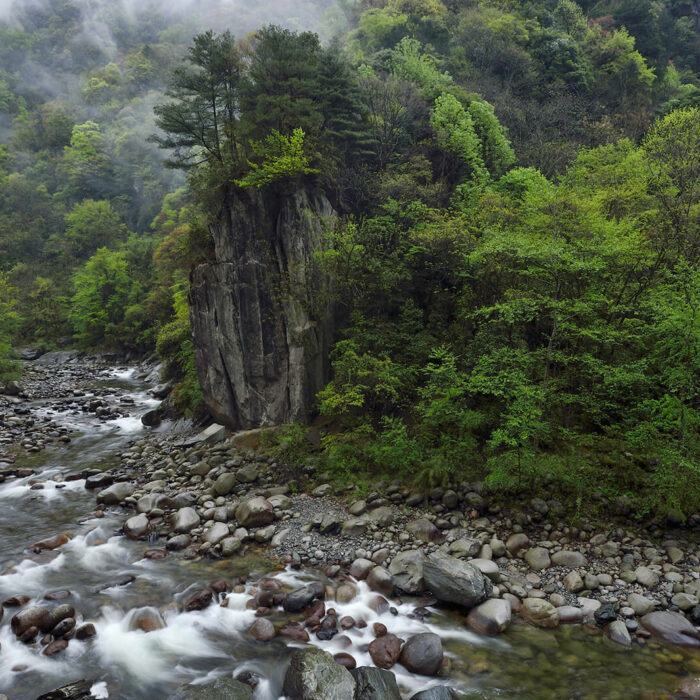
China’s rapid development often obscures the fact that there is much to be optimistic about when it comes to nature in this ecologically diverse country. With most landscapes equally divided between the could...
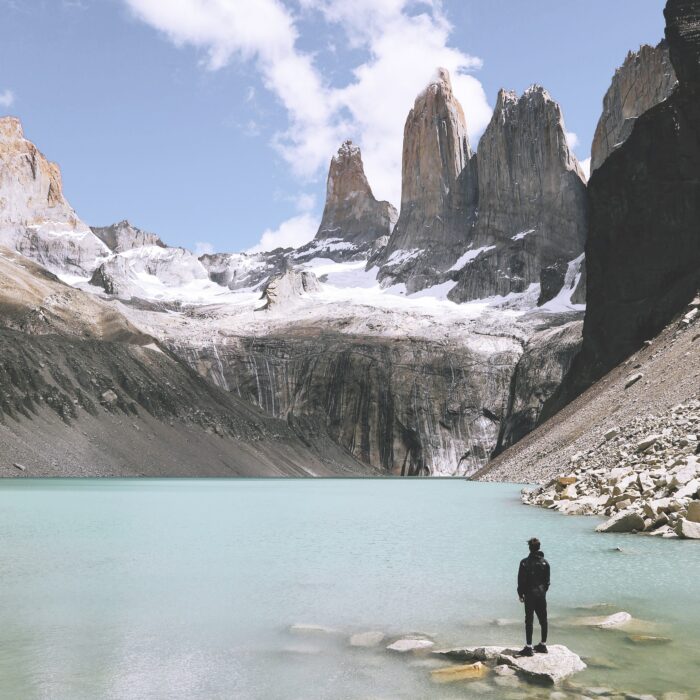
Unprecedented private leadership has helped Chile expand its protected area profiles in recent years. But while many habitats are still intact, the lack of public or private protections means their...
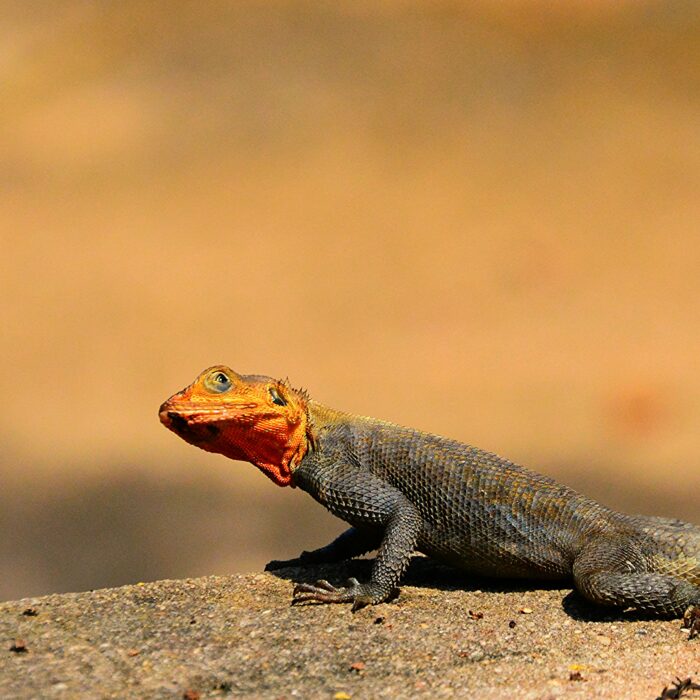
Like much of Africa, Cameroon is on the precipice of rapid modernization and industrial development. This is already apparent in the miles of plantations and oil drills that dot Cameroon’s land, especially its...
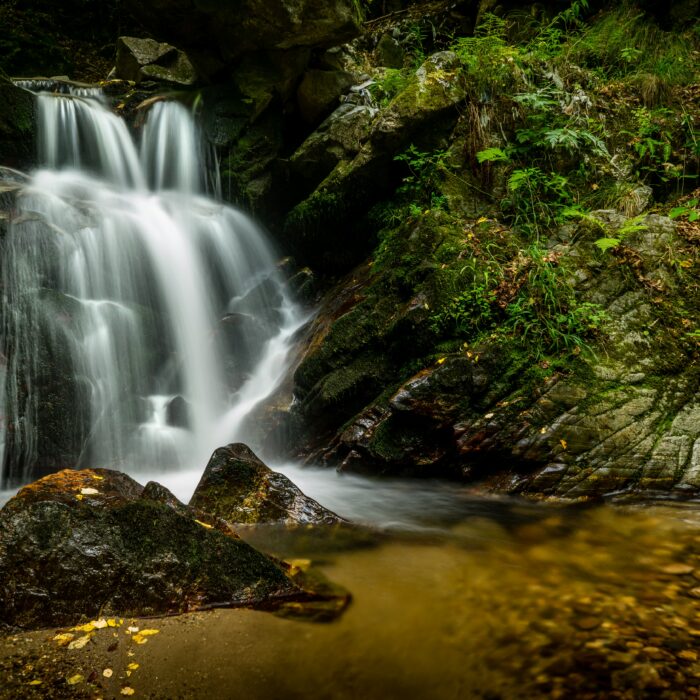
Bulgaria is home to Europe’s greatest remaining natural treasures, a belt of wilderness in the Carpathian mountains known as the Green Heart of Europe. Bulgaria is the proud custodian of this primal...
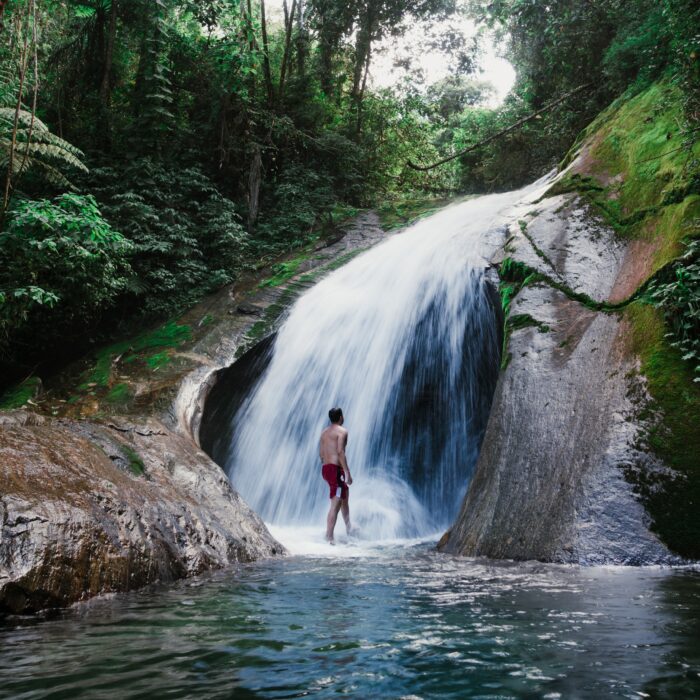
Nature Needs Half recognizes that half is, in many cases, an approximation. Some ecoregions need a little less to survive, others need far more. The Amazonian rainforest consists of fragile...
Botswana is a success story for nature. Good government and community engagement are keystones in the maintenance of Botswana’s robust ecology. Ironically, Botswana’s success has led to a decline in...